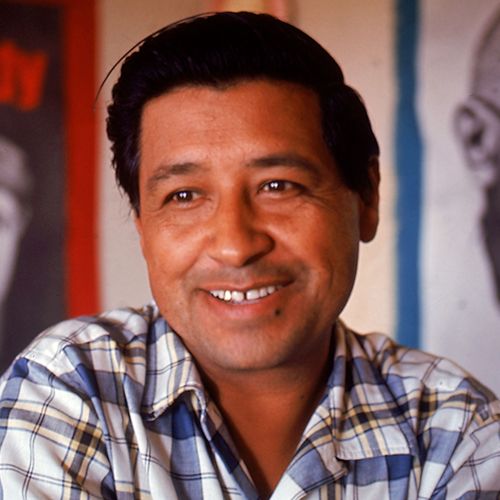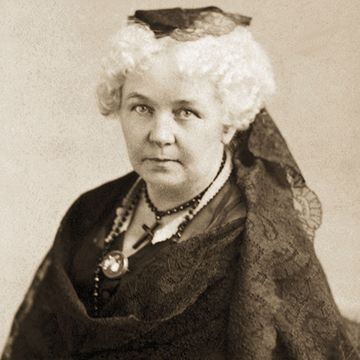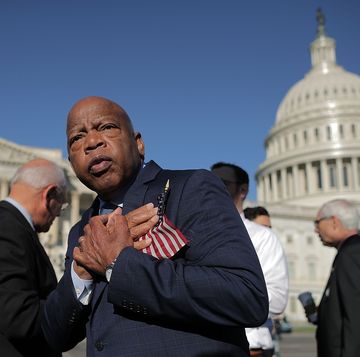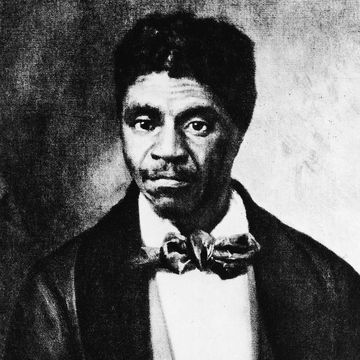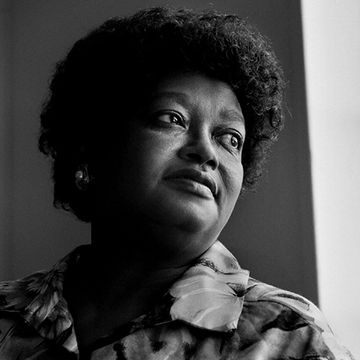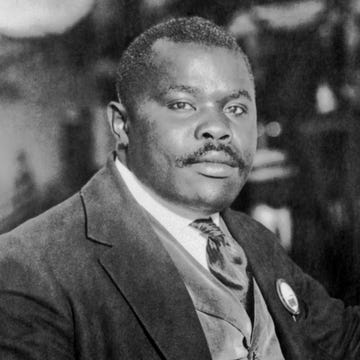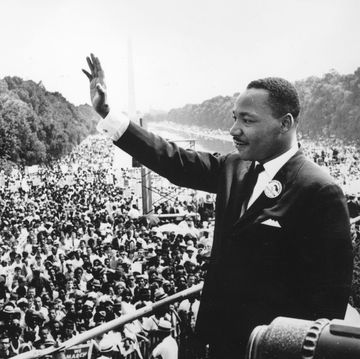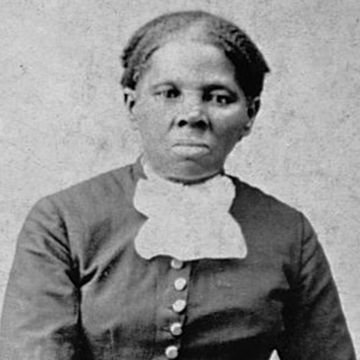(1927-1993)
Who Was Cesar Chavez?
Born near Yuma, Arizona, on March 31, 1927, Cesar Chavez employed nonviolent means to bring attention to the plight of farmworkers and formed both the National Farm Workers Association, which later became United Farm Workers. As a labor leader, Chavez led marches, called for boycotts and went on several hunger strikes. It is believed that Chavez's hunger strikes contributed to his death on April 23, 1993, in San Luis, Arizona.
Early Life
Union leader and labor organizer Chavez was born Cesario Estrada Chavez on March 31, 1927, near Yuma, Arizona. Chavez dedicated his life to improving the treatment, pay and working conditions for farmworkers. He knew all too well the hardships farm workers faced. When he was young, Chavez and his family toiled in the fields as migrant farmworkers.
Labor Leader
After working as a community and labor organizer in the 1950s, Chavez founded the National Farm Workers Association in 1962. This union joined with the Agricultural Workers Organizing Committee in its first strike against grape growers in California in 1965. A year later, the two unions merged, and the resulting union was renamed the United Farm Workers in 1972.
In early 1968, Chavez called for a national boycott of California table grape growers. Chavez's battle with the grape growers for improved compensation and labor conditions would last for years. At the end, Chavez and his union won several victories for the workers when many growers signed contracts with the union. He faced more challenges through the years from other growers and the Teamsters Union. All the while, he continued to oversee the union and work to advance his cause.
As a labor leader, Chavez employed nonviolent means to bring attention to the plight of farm workers. He led marches, called for boycotts and went on several hunger strikes. He also brought the national awareness to the dangers of pesticides to workers' health. His dedication to his work earned him numerous friends and supporters, including Robert Kennedy and Jesse Jackson.
Death and Commemorative Holiday
It is believed that Chavez's hunger strikes contributed to his death: He died on April 23, 1993, in San Luis, Arizona.
In 2014, U.S. President Barack Obama announced that Chavez's birthday, March 31, would be recognized as a federal commemorative holiday.
"],[""],[""]]" tml-render-layout="inline">QUICK FACTS
- Name: Cesar Chavez
- Birth Year: 1927
- Birth date: March 31, 1927
- Birth State: Arizona
- Birth City: Yuma
- Birth Country: United States
- Gender: Male
- Best Known For: Union leader and labor organizer Cesar Chavez dedicated his life to improving treatment, pay and working conditions for farm workers.
- Industries
- Business and Industry
- Astrological Sign: Aries
- Interesting Facts
- Tha name of the town that Cesar Chavez and his family moved to in California when he was a child was Sal Si Puedes, which translates to "escape if you can."
- At one point, Cesar Chavez fasted for 36 days for the rights of laborers.
- Death Year: 1993
- Death date: April 23, 1993
- Death State: Arizona
- Death City: San Luis
- Death Country: United States
Fact Check
We strive for accuracy and fairness.If you see something that doesn't look right,contact us!
CITATION INFORMATION
- Article Title: Cesar Chavez Biography
- Author: Biography.com Editors
- Website Name: The Biography.com website
- Url: https://www.biography.com/activists/cesar-chavez
- Access Date:
- Publisher: A&E; Television Networks
- Last Updated: September 9, 2019
- Original Published Date: April 3, 2014
QUOTES
- If you really want to make a friend, go to someone's house and eat with him...The people who give you their food give you their heart.
- If you want to remember me, organize!
- The burdens of generations of poverty and powerlessness lie heavy in the fields of America. If we fail, there are those who will see violence as the shortcut to change.
- Although we would like to see victory come soon, we are willing to wait. In this sense, time is our ally. We learned many years ago that the rich may have money, but the poor have time.
- Farm workers are society's canaries. Farm workers—and their children—demonstrate the effects of pesticide poisoning before anyone else.
- People forget that the soil is our sustenance. It is a sacred trust. It is what has worked for us for centuries.
- Where we have organized ... injustices soon pass into history.
- Once social change begins, it cannot be reversed. You cannot uneducate the person who has learned to read. You cannot humiliate the person who feels pride. You cannot oppress the people who are not afraid anymore.
- It's ironic that those who till the soil, cultivate and harvest the fruits, vegetables, and other foods that fill your tables with abundance have nothing left for themselves.
- Preservation of one's own culture does not require contempt or disrespect for other cultures.
- We draw our strength from the very despair in which we have been forced to live. We shall endure.
